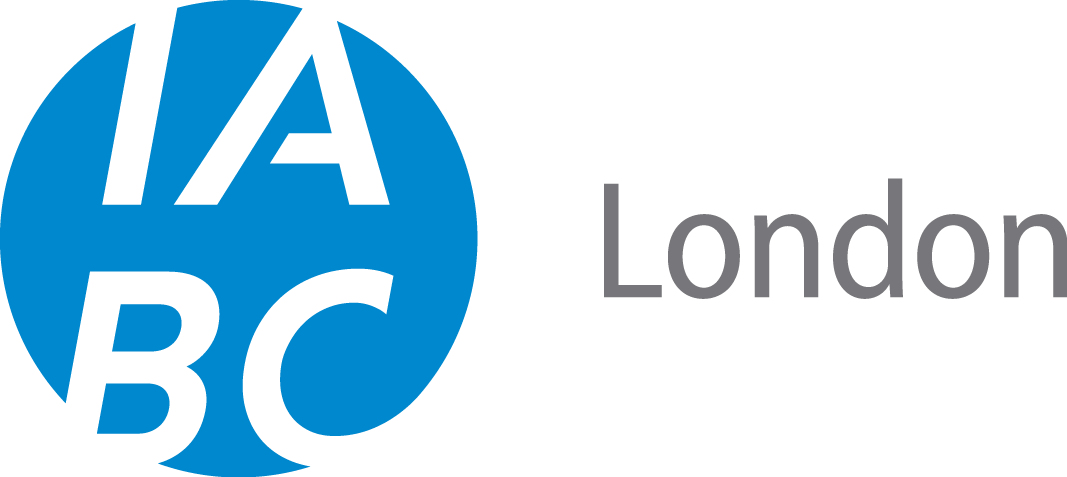Post-event recap and reflection: How “Getting Things Done” helped me manage stress and changed my life
by Alicia Baertsoen, IABC Community Liaison and Andrew Kaszowski, IABC London Chapter President

Want to talk aboutstress?
At IABC London’s February event, Chapter President,Andrew Kaszowski, and Professional Development Director, Kerri Loudoun did justthat. The event, held at Innovation Works on February 19, featured the duosharing their own mental health journeys with attendees. The field of communicationsand public relations is often fast-paced and dead-line driven, making top tenlists for one of the most stressful professions. The event gave Londoners inthe field an opportunity to gain valuable tools and insights into managingstress, anxieties, and self-advocacy.
IABC welcomed David Small from the Canadian Mental HealthAssociation as the guest speaker. Small highlighted the importance of creatingworkplaces where employees can be comfortable opening-up about their mentalhealth. Kaszowski could not agree more, and notes the progress he’s made bysharing his own story.
Andrew has agreed to share, in hopes of inspiring thosewho may be in need:
“Imagine, you’ve accepted a promising new job in a glimmering city like Montreal and you have every excitement ahead for your life and career. But… you have less than three weeks to get there: to sell your house, wrap up everything with your current job, pack your belongings into storage, and most importantly, fit in time to say goodbye to all your friends and family in London.
Stressful?
For me, this rapid life change was enough to trigger myat-the-time undiagnosed bi-polar disorder. Three sleepless weeks, acute stressand sudden changes caused me to feel like my life was being moved around me; rather than having any active control of it.There I was, in Montreal, nearly catatonic. I didn’t have a support network offriends or family there.
I went expecting I’d land in my new city; but instead Iwas deep in mental crisis.
I remember standing alone in an aisle at the pharmacylooking for a toothbrush – standing there for nearly 40 minutes in confusion.
I returned home to London, to the support network that caresdeeply about me, and began a long road to recovery and learning to live withmental illness. One of the most important things I learned as I put my lifeback together, interestingly, was a prescription I got from my family physiciannot for a particular medication; but for a book: “Getting Things Done – The Art of Stress-Free Productivity” byDavid Allen.
Don’t get me wrong, there have been many complementaryelements to the puzzle of my mental health recovery, including medication andtherapy; but what the philosophy of “Getting Things Done” empowered was anactive change in the way I think about how I live my life. I realized thatstress like I experienced was extreme and debilitating, yes; but stress is apart of everyday life, and to thrive I needed to learn how to live with it – tomaster it.
Getting Things Done, In a Nutshell
In my early days of university, I started to feel like I wasnever on top of life: I was bewildered as to how adults could go to work andmanage kids, laundry, groceries, and still have hobbies and fun. I thought I couldonly find enjoyment and relaxation once I got my work done, my music playlistorganized, my photos sorted from my phone and my social media accountsorganized.
I could never did get to that point of being done and ready for relaxation. I couldnot catch up; something always cameup. Constantly feeling overwhelmed is not a good way to live life and causes ongoingstress. Adding acute stress, such a life change, on top of everyday stress, itcan be damaging.
Getting Things Done unravels this spiral
One of my useful tactics I call the “unending to-do-list,”which is ironically a positive coping mechanism. Instead of thinking thateverything must be done before I move on and relax, I shift to a state ofrealizing that there’s always going to be to-do’s. They just need a space tolive in my life, and some structure and organization around them.
The primary tenant of getting-things-done philosophy isgetting the to-dos out of your head where they cause you stress and worry andpreoccupation, and into some organized way of tracking them. It could be Reminders,Trello or a good notebook or post-its. That’s where you can start prioritizing,organizing, and doing instead of thinking.
When your to-dos are outside of your head, they are living somewhereyou don’t have to think about them all the time. You then have room to liveyour life and prioritize quality things – like sleep.
Slowly, I started to organize my life more, throughsimplification and prioritization. I pared down my social media involvement andthe volume of things I was doing. I gained the strength to say no when I wasoverloading my life. I instead made more room for self-care and enjoyment ofeveryday life.
Oh and guess what just happens to be done today? My musiclibrary is impeccably organized and my photos are all sorted. They just got done…because I learned the art of “Getting Things Done.” That’s the beautiful giftthat’s uncovered when you live a life of “getting things done” rather thanwaiting for things to “be done” – you ultimately start learning how to get moreof what you really want out of life, and live it a little bit better.
You learn how to live in a stressful world, with lessstress.”
